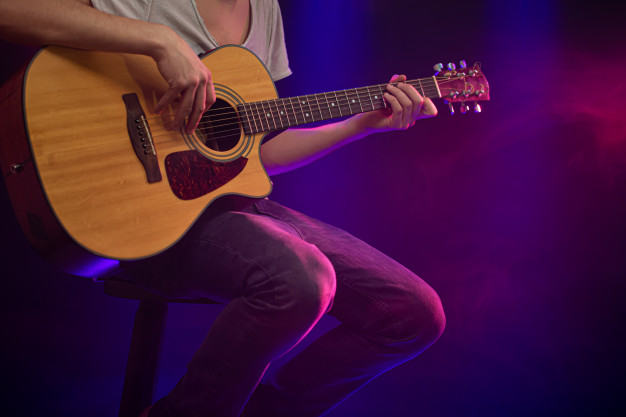Hands up if you tried to learn music when you were a kid, and gave up after a while. Didn’t like it? Didn’t like having to practise? People said something negative? Too hard? Clashed with footie or basketball? The dog ate your theory homework?Below are some tips to get the most out of adult music lessons singapore
Stimulating the brain
But there are other good things about learning music later. Science is finding that new neural pathways are stimulated. For Alzheimer’s prevention, the rule is “use it or lose it”. Learning music is like learning a new language. If you could play when you were a child, then it will come back to you gradually. If you never learned, then there’s a new, exciting world out there. Even if you’ve had a stroke, learning to play tunes on a keyboard with one hand could be really exciting and great therapy.
There are a wide range of books for piano, guitar and other instruments out there that were written for adults. Adult tutors are available for most instruments from your local music store.
What to play?
Piano and guitar are common choices. Piano probably because there’s one in the house, or an electronic keyboard kicking around that the teenagers have left behind. Maybe guitar appeals because it’s portable and you can sing along to your favorite songs as you strum. But you could try flute, sax, recorder, viola da gamba or any number of other instruments. It depends on your budget, time, teacher availability, how close the neighbors are and your personal preference. I don’t suggest taking up bagpipes in a high rise.
Buying the instrument
If you buy a bad instrument, you’ll always regret it. If you don’t have a piano, guitar or other instrument yet, seek advice from a teacher, not a music store. They’re there to sell instruments, and usually not look after your long-term musical aspirations, though there could be exceptions. You might find some facility for renting an instrument, which is ideal. But bear in mind that a $200 keyboard is a toy, not a piano, and there is a VAST difference in what can be achieved or learned.
Find the right teacher
For an adult, the challenge is to find a teacher who is committed to make learning interesting, flexible enough to go with your interests, and who gives positive feedback. Think about what YOU want from piano lessons and don’t be afraid to discuss it first with a prospective teacher. Sometimes your second or third choice of teacher may be best for you. Conversely, the first person you find may not seem ideal at first, but may have valuable learning experiences for you. Someone who plays and teaches with passion can be an exciting and challenging musical mentor.
Set realistic goals
If you’re an older starter, you need to set some realistic goals. You could decide you want to join the opera, and maybe if you work hard enough, have great talent and a great teacher you might make it, but it’s generally unlikely. You could just want to play a couple of pieces for yourself, or supervise the kids’ practice, or you might want to join a local amateur music group and have fun playing with others. Think about it and discuss it with your teacher. Check the local paper for musical opportunities to work towards.

